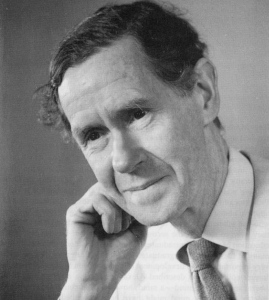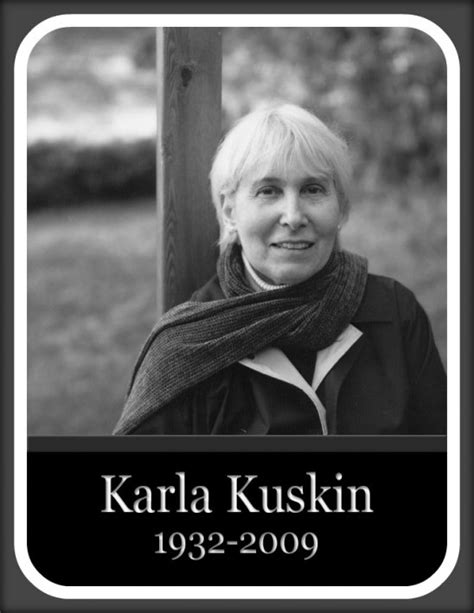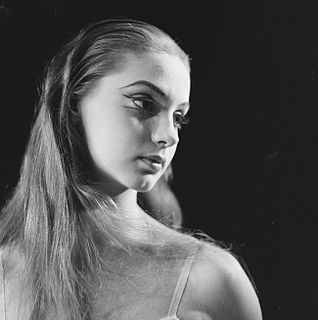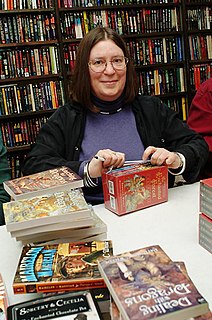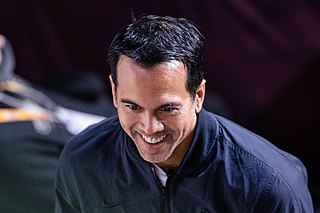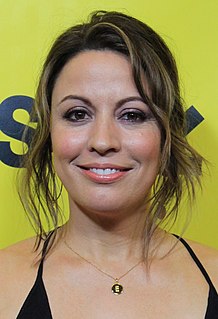A Quote by Swami Vivekananda
Truth can be stated in a thousand different ways, yet each one can be true.
Related Quotes
It is too often believed that a person in his progress towards perfection passes from error to truth; that when he passes on from one thought to another, he must necessarily reject the first. But no error can lead to truth. The soul passing through its different stages goes from truth to truth, and each stage is true; it goes from lower truth to higher truth.
This is the most important lesson you must learn about magic," Miss Ochiba went on. "There are many ways of seeing. Each has an element of truth, but none is the whole truth. If you limit yourselves to one way of seeing, one truth, you will limit your power. You will also place limits on the kinds of spells you can cast, as well as their strength. To be a good magician, you must see in many ways. You must be flexible. You must be willing to learn from different sources. And you must always remember that the truths you see are incomplete.

